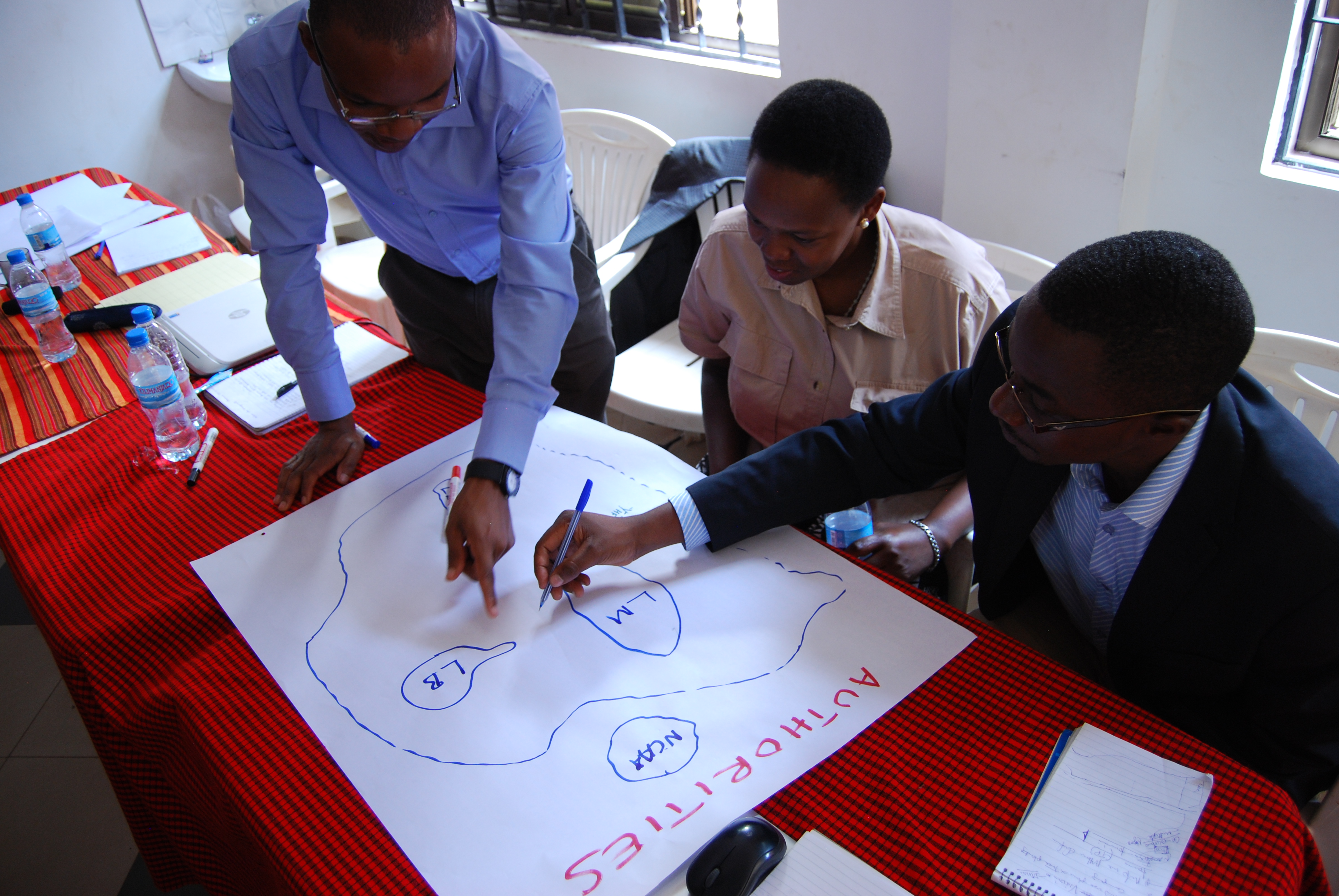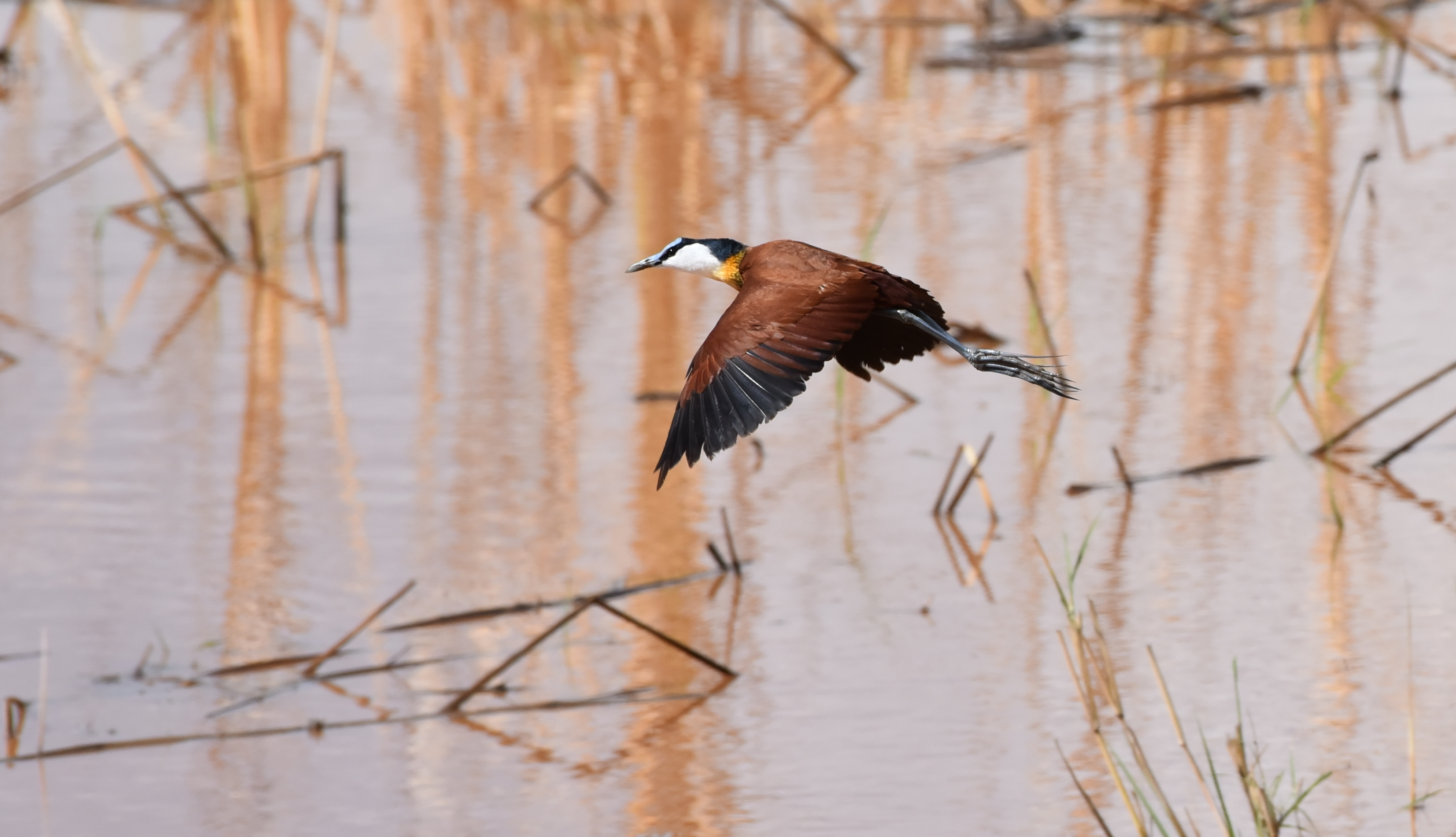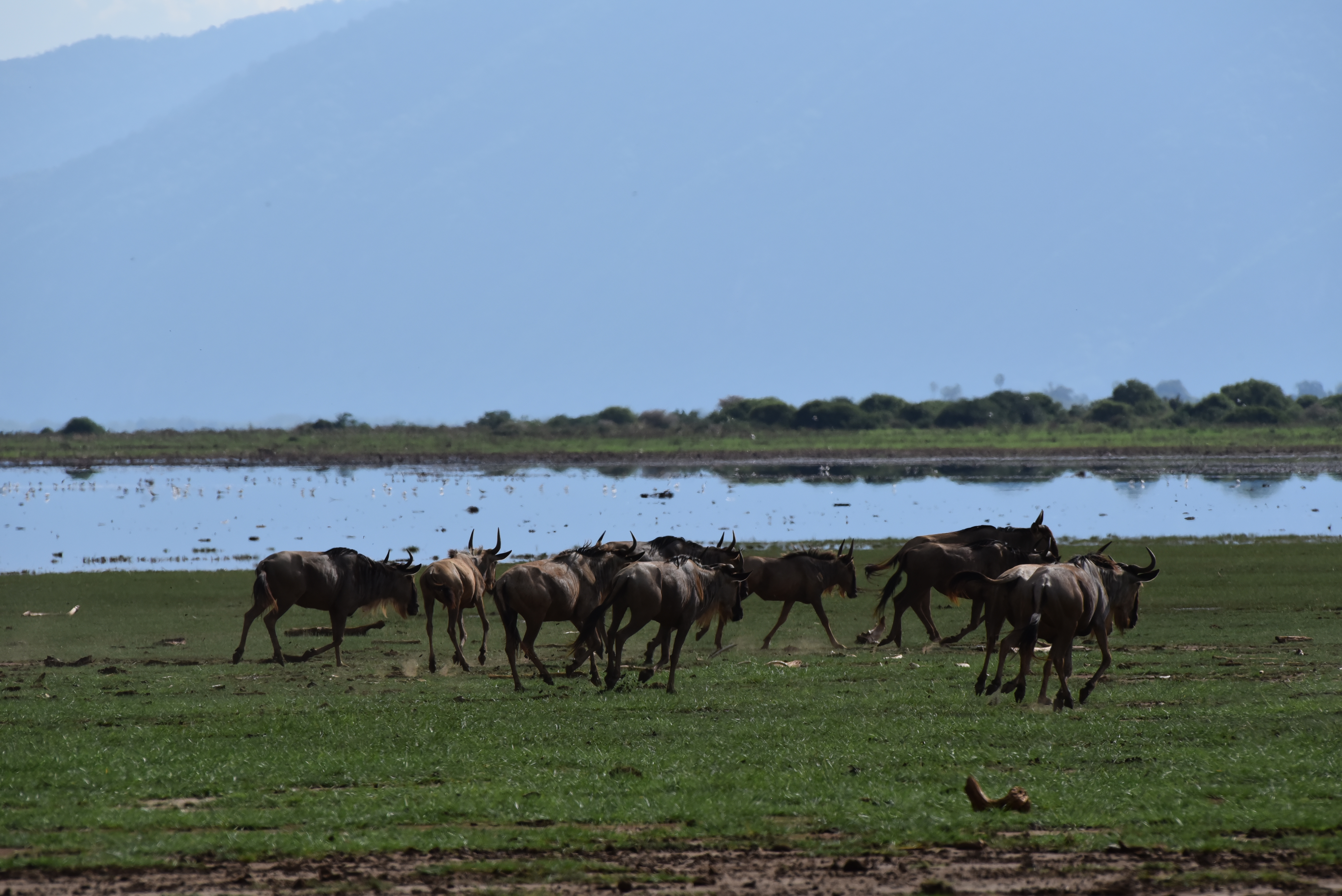 North South South Project (VLIR-UOS) - Integrated water management Lake Manyara
North South South Project (VLIR-UOS) - Integrated water management Lake Manyara
| Download |
|
|---|---|
| View | Open in browser |
| Upload date | 13 Jan 2016 |
| Contributor | Anne-Julie Rochette |
| Geographical coverage | Tanzania, |
| Keywords | Integrated water management, Lake Manyara, workshop, |
| Release date | 13/01/2016 |
| # | File name | Contributor | Upload date | Size | Content type |
|---|---|---|---|---|---|
| 1 | Mission-luc-Maarten-report-News-CEBioS.pdf (current) | Anne-Julie Rochette | 13 Jan 2016 | 945 KB |
|
Mission 7-12 December 2015 - Summary (CEBioS)



(Pictures by Luc Janssens de Bisthoven)
This mission is in the framework of the North South South Project (VLIR-UOS) “Balancing water for biodiversity and socio-economic use in a changing climate: towards a Decision Support System for sustainable land and water use” in the lake Manyara region, Tanzania. Promotor is Prof. Luc Brendonck (KU Leuven). RBINS- CEBioS is involved as a partner in this project, together with KU Leuven (Prof. L. Brendonck), NM-AIST (Tanzania, Dr. Hans Komakech), UWC (S. Africa, Dr. Maryke Malan), UNZI (Zimbabwe, Dr. Tamuka Nhiwatiwa) and UGent (Prof. P. Boeckx). The project ends in December 2016. CEBioS was present with Luc Janssens de Bisthoven and Maarten Vanhove. This external project fits into the strategy of CEBioS, SO1 (knowledge), SO3 (awareness), S04 (Mainstreaming, policies) and SO5 (MRV) (see http://www.biodiv.be/cebios2/programme/strategic-objectives )
By integrated research with complementary expertise from the different partners, scientific data will be generated and implemented in a Decision Support System for sustainable multisector water allocation in the Lake Manyara basin as a case study. As such we aim to contribute to the sustainable development of ecotourism and irrigation based agriculture in the basin, a model that is relevant in all partner countries. Researchers will be trained in aquatic ecology, hydrology, characterisation of land use change, soil erosion and decision support systems.
The first day of this mission, the project partners came together at NM-AIST to make the last preparations for the multistakeholder workshop. The second day the partners drove to the Manyara sub-basin and visited the area. The next two days the multistakeholders workshop took place at premises kindly organised by the Belgian NGO TRIAS. Participants were given the opportunity to do a stakeholder’s analysis, a community mapping exercise, a problem tree, and a SWOT analysis. Each stakeholder also presented the own perspective on the lake Manyara socio-economic and environmental issues. In the afternoon of the second day TRIAS showed some interesting rural development projects North of Mto Wa Mbu (irrigation, bee hives, bananas). The workshop provided a very informative, multi-faceted and nuanced view on the Lake Manyara environmental problematics. It also created a space for lively interactions between the stakeholders for a better mutual understanding of conflicting issues.
 This site uses cookies in order to function as expected. By continuing, you are agreeing to our
This site uses cookies in order to function as expected. By continuing, you are agreeing to our 




